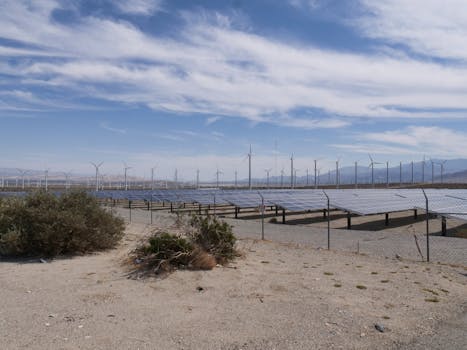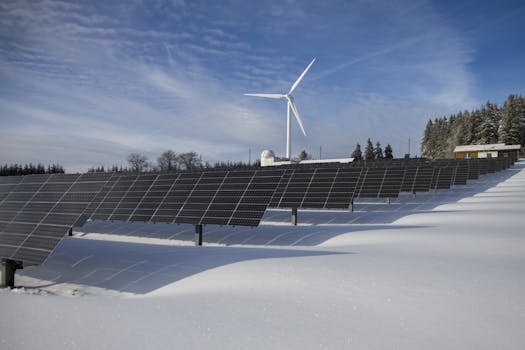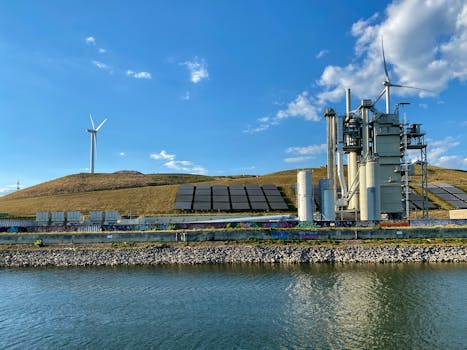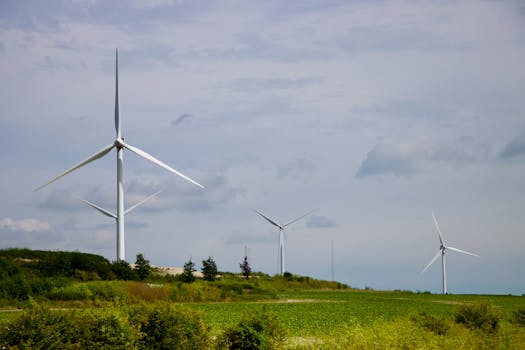
Introduction

Breakthroughs in renewable energy technology have transformed the landscape of sustainability. As the world faces the urgent need to mitigate climate change, innovations in this field are essential for a cleaner, greener planet. This article delves into the latest advancements in renewable energy technologies and their implications for sustainability.
Solar Energy Innovations

Solar energy has seen remarkable advancements, with new technologies increasing efficiency and reducing costs. Photovoltaic cells, which convert sunlight directly into electricity, have improved significantly. The introduction of bifacial solar panels allows for energy capture from both sides, enhancing overall output. Moreover, advancements in solar energy storage technology, such as lithium-ion batteries, are enabling better energy management, making solar power more reliable and accessible.
Wind Energy Developments

Wind energy technologies have also evolved, with larger and more efficient turbines being deployed. Offshore wind farms are becoming increasingly popular, benefiting from higher and more consistent wind speeds. The integration of AI and machine learning in wind farm management has optimized energy production and reduced operational costs. Furthermore, floating wind turbines are making it possible to harness wind energy in deeper waters, opening up new possibilities for energy generation.
Hydrogen Energy Potential

Hydrogen energy is emerging as a game-changer in the renewable energy sector. Green hydrogen, produced through electrolysis powered by renewable energy sources, offers a sustainable alternative to fossil fuels. This clean fuel can be used in various applications, including transportation and industrial processes. Recent breakthroughs in hydrogen storage and transportation technologies are addressing previous challenges, making hydrogen a viable option for a sustainable future.
Energy Efficiency Technologies

In addition to generating renewable energy, improving energy efficiency is crucial for sustainability. Smart grid technologies are revolutionizing how energy is distributed and consumed. These systems enable real-time monitoring and management, reducing wastage and enhancing reliability. Energy-efficient appliances and building designs are also contributing to lower energy consumption, helping to create sustainable communities.
Conclusion

The breakthroughs in renewable energy technology are paving the way for a more sustainable future. As innovations continue to emerge, the potential for reducing our carbon footprint and creating a cleaner environment becomes increasingly attainable. Embracing these technologies is essential for achieving global sustainability goals and combating climate change.




